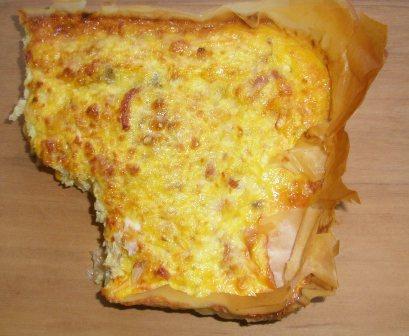The Southland Times calls it a pig of a budget:
The constraints on Bill English’s Budget were such that at times he must have felt like calling in Mike King and a documentary crew, writes The Southland Times in an editorial.
It was grimly inappropriate to hear the Finance Minister say his Budget marked a turning point.
Chance would be a fine thing. Instead, Mr English faced manoeuverability issues that could lead a man to commiserate with any crated pig.
He could trample forwards and backwards just a little, even try a few backflips, but there just wasn’t room for sidesteps.
Mr English simply wasn’t in a position to lead us swiftly out of the recessionary mire and into the meadowlands any time soon.
The Timaru Herald says Mr Prudent gets his scissors out:
No-one could accuse Finance Minister Bill English of delivering a charismatic Budget speech yesterday, but what it lacked in flair it more than made up for in guts.
Against the backdrop of the worst economic conditions in decades, the Budget had to be tough. It was.
The gutsy decisions include deferring the next two planned phases of tax cuts in 2010 and 2011, and suspending payments to the Superannuation Fund in the long term.
These are likely to be unpopular measures but, to be fair, there is no surprise in either of them. The Government has been slick at telegraphing the bad news, and the public has a good level of understanding about just how difficult the times we are living in are. In fact, the softening up programme has been so effective that any hint of a tax cut would have seemed reckless.
The ODT headline its editorial walking the tightrope and sounds a warning to individuals:
Most people will be happy benefits have been retained, and they certainly should be happy that state spending is to be curbed.
They should also be budgeting just as carefully as Mr English appears to be: with household debt increasing by 51% since 2004, and with $168 billion of net debt currently owed by the country to overseas lenders, the halcyon days of recent memory are decidedly over.
They will not return until national productivity improves, debt is paid down, our export trade improves and we pay our own bills.
Mr English is walking a tightrope, and so are we all.
The Dominion Post calls it a Budget for a rainy day:
Labour leader Phil Goff says that, by halting contributions to the super fund, the Government is digging a $20b hole for future generations. The truth is that Labour left National with little choice. For all its talk of Keynesian economics and putting money aside in the good times, Labour spent too much of the bounty that flowed into the state’s coffers during its nine years in office.
The $15b the last government set aside for a rainy day by reducing government debt and investing in the super fund will be consumed in less than two years.
Without the changes announced yesterday, debt would have ballooned by 2023 to the crippling levels last seen in the late 1980s. That would have left the state owing the equivalent of $45,000 for every man, woman and child a burden that would have severely limited the ability of future governments to meet health, education and welfare needs. The solution is not to gamble on international markets.
The Taranaki Daily News says move over Fluffy, here comes Bill:
Those of us who share a bed with a rubber hottie and a fluffy cat will welcome at least one bit of good news in yesterday’s dreary Budget.
Finance Minister Bill English has allocated $323 million over the next four years to insulate our appallingly cold homes.
The NZ Herald says it’s a Budget short on tough decisions:
The recession has shown Labour’s spending levels to be unsustainable, and the more since Labour and National have indulged in a round of tax cuts. Hard decisions on welfare entitlements for the well-off, interest-free tertiary loans, free childcare and the like – decisions Mr Key and Mr English were proud to avoid yesterday – will probably have to be made. Maybe next year.
Nine years of deficits is simply too long. The world economy will surely have recovered in half that time. The Government needs to be looking beyond its cushions. The country needs to be awake and well geared for the first signs of recovery.
The Budget has been constrained not just by the recession it’s also been constrained by politics.
National made an election commitment not to alter various Labour initiatives which turned middle and upper income people into beneficaries. The direct expense and indirect costs – through the bureaucracy which supports it – of that increased what had to be borrowed and severely limited spending available for more productive initiatives.
UPDATE:
The NBR ditorial is headlined timid steps on a hard road:
Faced with the worst economic conditions in 80 years, Finance Minister Bill English has tried to chart a path to recovery with his first budget.
This was always going to be a difficult task and the government has taken its first rather timid steps on a long road.
The speed of the global recession has highlighted the structural imbalances in the economy, namely excessive household and government spending against insufficient growth and productivity. . .
. . . The government gets another chance next year but politically it gets harder. As Mr English says, there is no long-term free lunch.
The government has been forced to cut contributions to the Superannuation Fund with only partial contributions to be decided on an ad hoc basis until 2023.
To be a wealthy nation, New Zealand has to reward enterprise and penalise waste.




 Posted by homepaddock
Posted by homepaddock 




